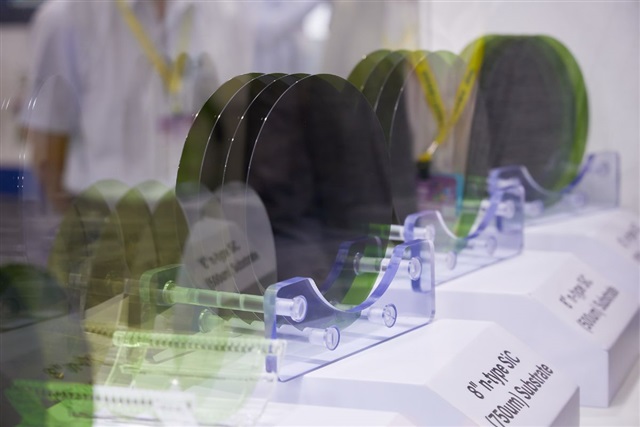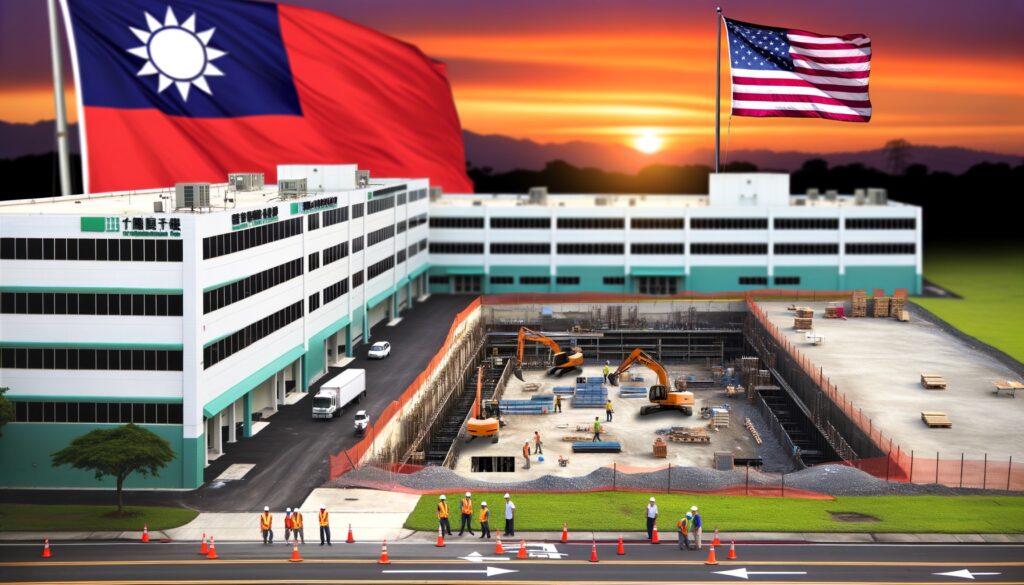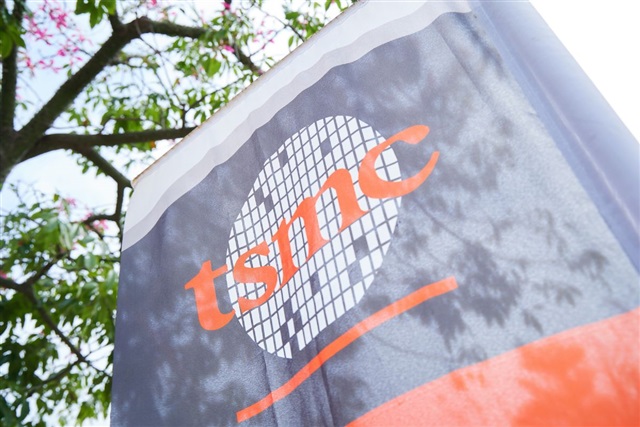Apple is exploring ways to reduce its reliance on China as tensions between Washington and Beijing continue to escalate.
Its longtime partners, who make most of the world’s iPhones in sprawling factories in China, have added assembly lines in other countries at a rapid pace over the past year, the people said on the condition of anonymity.
The world’s most valuable company struggled last year with chaos at Foxconn’s main “iPhone City” complex in Zhengzhou, which drove home vulnerabilities in Apple’s supply chain and forced it to cut output estimates.
Of the total production, Apple exported US$5 billion of iPhones in the fiscal year ended last month, nearly four times as much as the previous period, the people said.
Apple is likely to manufacture the next iPhones in India at the same time as in China, sometime in the fall of this year. If so, that would be the first time that iPhone assembly begins concurrently in the two countries.
If the aggressive expansion of its suppliers continues, Apple could assemble one-quarter of all its iPhones in India by 2025.
Even before last year’s iPhone City difficulty, Apple had recognized the need to diversify its supply chain. It successfully lobbied for incentives in India and pushed suppliers Foxconn, Pegatron and Wistron Corp (緯創) to ramp up locally. The trio, which together employ about 60,000 workers in India, make models ranging from the aging iPhone 11 to the latest iPhone 14.
That has helped place Apple at the heart of India’s ambitions to become a major manufacturing alternative to China.
Apple is among the world’s most exacting when it comes to manufacturing. Its production chain encompasses hundreds of companies across the world and employs millions, much of that now in China.
The migration of iPhone production represents an economic triumph for India that could have implications for how other US brands plan their futures. For Apple, the country itself represents a fount of future growth as the Chinese economy sputters.
Apple is scheduled to open its first two retail stores in India next week, one in the financial hub of Mumbai and another in the capital New Delhi.
Apple CEO Tim Cook is scheduled to fly in to inaugurate the two stores, underscoring the domestic market’s rising importance.
Apple has also sought changes in India’s labor laws as part of its effort to expand local production and create mega factories.
Its largest contract manufacturer, Foxconn, plans to invest about US$700 million in a southern state to make phone components and possibly iPhones.
The tech industry’s reliance on China could be reduced by 20 to 40 percent by 2030, Bloomberg analysts said, adding that it could take years of investment to untangle from China’s complex, efficient and skilled supply chain.
Abonnieren fuer regelmaessige Marktupdates.
Bleiben Sie auf dem neuesten Stand der Branchentrends, indem Sie unseren Newsletter abonnieren. Unser Newsletter ist Ihr Zugang zu erstklassiger Marktexpertise.

The US has initiated a Section 301 investigation into China's mature semiconductor processes and third-generation silicon carbide (SiC) semiconductors. Supply chain operators state that the increa

In 2025, we expect 9.5% growth in the global semiconductor market, driven by robust demand for data centre services, including AI. However, growth in other, more mature segments is expected to be stag

Taiwanese chip manufacturer TSMC has announced a $100 billion investment in the United States, aiming to build five additional semiconductor facilities.The plan was revealed by TSMC CEO C.C. Wei along

Prices of mature process memory, long hit by oversupply due to fast capacity expansion at Chinese makers, are expected to rebound, thanks to the Chinese government's consumption stimulus programs.

With the ongoing development of new-generation processors, the introduction of PCIe Gen5 specifications into high-end PC applications is set to commence in 2025. According to Micron Technology, Gen4 p

The global market is watching how TSMC, pressured by the US, might assist Intel's foundry operations, while Samsung Electronics and Rapidus, also facing challenges, may similarly require TSMC'